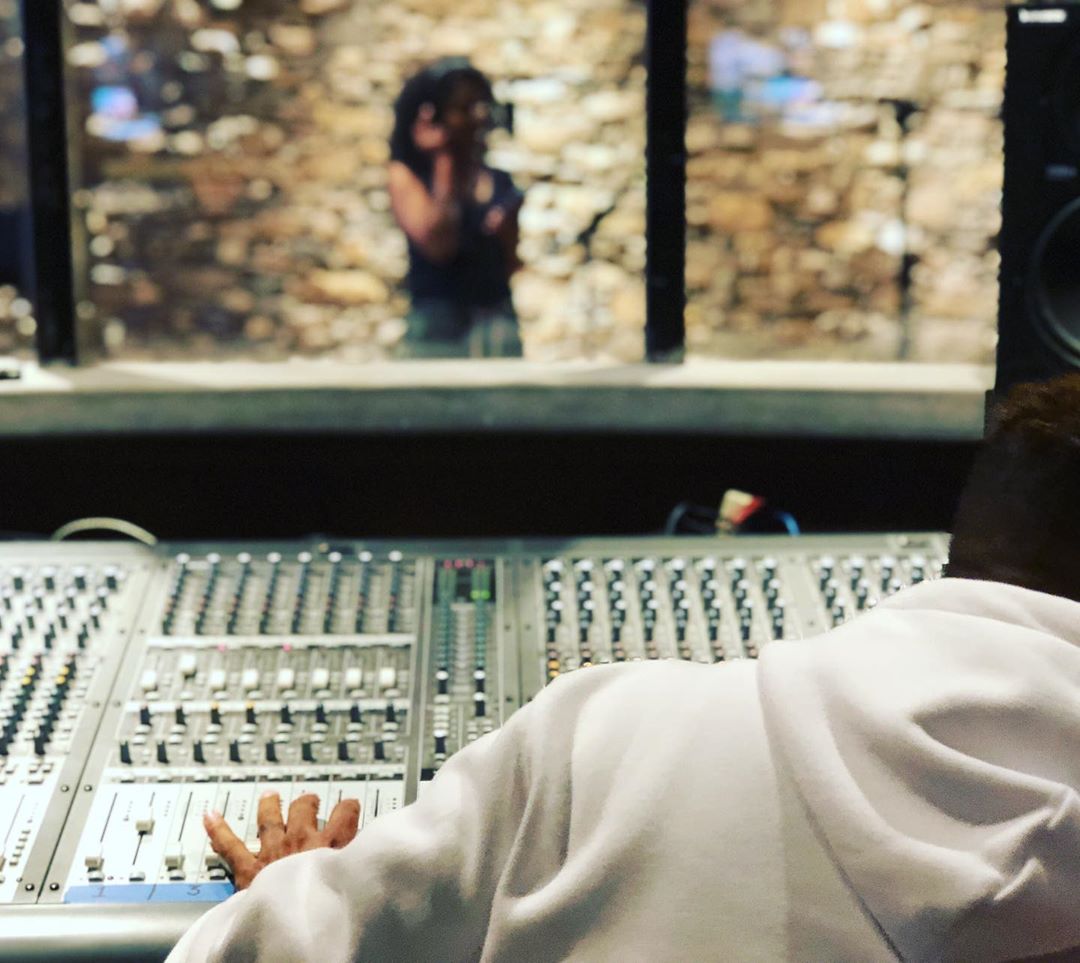The purpose of record labels and how to sign with one. In the article, Spechouse, a renowned producer, rapper, manager, and actor shared some tips of the trade. Now, we’ll be breaking down that article to it’s finest points and give you 8 tips on signing with a record label.
Hire a Manager
While, yes, it’s another thing to spend money on, a proper manager can lead your career in the right direction. They know how to read contracts and negotiate with labels. In the end, they prevent you from going down the wrong path in your career and making uneducated decisions. If you are a serious artist and want to focus on the creative aspect only – this is a must.
Learn Contract Language
Even if you have a manager, it is good to learn how to read contracts so that you can also be in the conversation and keep your manager accountable. Also, if you cannot acquire a manager but are in a conversation with a label, you know what to negotiate for. All you have to do is Google, “how to read record contracts,” and results will pop up! While this isn’t the be-all-end-all, it’s good to be prepared.
Prevent Shelving
Shelving is when a label will not release any music from an artist because it is not beneficial to them finically. Since the artist is signed with the label, they cannot release music on their own, so they are stuck in the limbo of shelving. To prevent this, add this clause: “Record company must release an album, per contract, every 18 months.” This forces their hand in letting you be creative. Legally, they have to let you release music. If they don’t agree, don’t sign.
Don’t Sign for 10 Albums
Labels oftentimes will offer contracts where the label and artist are in together for 10 albums. 10 albums is a lot of music. Artists do not want to be stuck to a label for that much music because it increases the chances of becoming shelved. Do not succumb to the label’s wants.
Place Caps on Budgets
Labels are going to charge artists for various services, like advertising and traveling expenses. Unfortunately, labels will “gouge” their artists by charging them as much as they can for simple services. To prevent gouging, place budgets, or at least caps, on each monetary item in contracts. For example, a label can say, “we spent $5,000 on food.” That’s an absurd amount of money, so have a part that says, “Food budget: $1,000.” Then they know money has to be spent wisely and carefully instead of frivolously.
Write in Options
Options are ways for a label and artist to nullify their contract. Labels always write-in options for them to exercise into their contracts. You as the artist need to write in options you can exercise. For example, an artist should have an option to walk away from a label after, at the latest, their fifth album.
Don’t Get Lazy
Labels will invest a set amount of money into the marketing of your music. You need to prove to the label that they can repeatedly spend a large amount of money into your marketing. To do this, produce as much music as possible during the period where they are investing that money. Why take the chance to make that impression with only one album? Do not get lazy, put out singles, an EP, and an album!
Playing by Different Rules
Every Christian Rap artist is in God’s ministry. They are His tools in his large plan. So remember your career is not your own. If a no-name artist with little talent gets signed, while a talented artist does not, do not be surprised. That is God at work. So pray whether signing with a record label is God’s plan for you.
There you go! Eight tips on signing with a record label. For more on signing with a record label, check out this article here. Which tip did you find the most useful? What is your experience with record contracts?
![]()
2,619 total views, 0 views today














